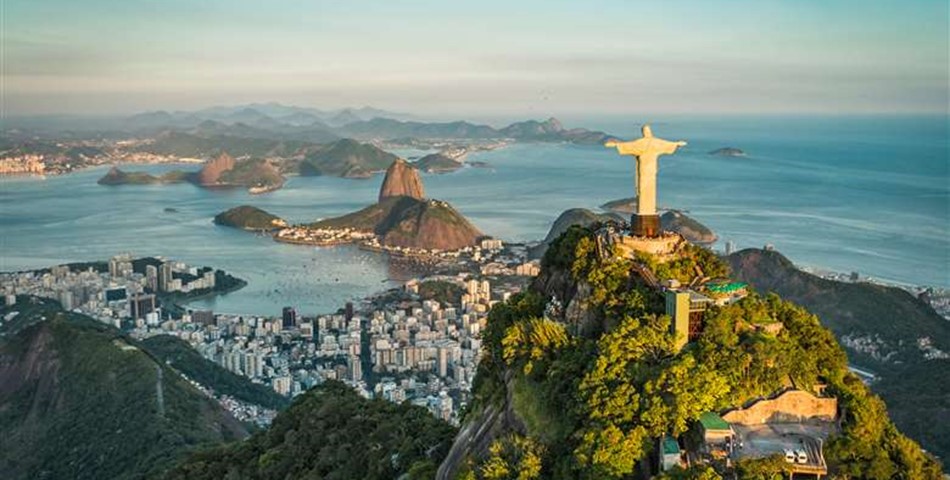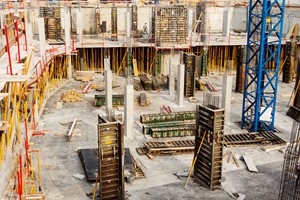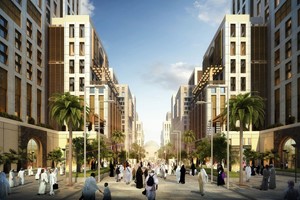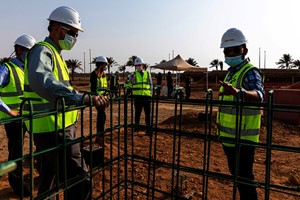The Brazilian infrastructure construction segment recorded strong growth in 2021 of 10.2% but growth will slow to 3.8% in 2022 due to rising prices of materials and their lack of availability, as well as elevated interest rates, according to a report from Global Data.
The report predicts that growth will decline even further in 2023, to just 1.4% as the rising costs and lack of availability of materials causes significant delays and cost hikes.
As a result of the stressed economic environment, major infrastructure project auctions have been postponed. For instance, Artesp – São Paulo state’s transportation agency – has delayed the auction of the US$584.3 million North Rodoanel Road network, and now expects the project to be complete two years after its initial forecast.
According to the Brazilian Economic Institute of the Getúlio Vargas Foundation (FGV/Ibre), The National Construction Cost Index - M (INCC-M) rose 0.87% Month-on-Month in April 2022 and rose 11.54% Year on Year (YoY).
The index also shows that Materials, Equipment and Services rose 14.97% YoY, whereas labour costs rose 7.99%.
In addition, tightening in monetary policy will further drive up the cost of business. In an attempt to grapple with spiraling inflation, the Central Bank of Brazil has raised benchmark interest rates (Selic) to a five-year high of 12.75%, in real terms which equates to 6.69%.
Jack Riddleston, economist at Global Data, said, “Brazil’s construction industry has struggled with cost hikes and increased lead times over the past year, with record low levels of capacity and heavily depleted inventories leading to a substantial demand-supply gap which has driven prices upwards.”
Although the economic environment is volatile, investor appetite for infrastructure projects remains strong; the Secretariat of Economic Policy forecasts private infrastructure investment to increase 95% to US$14.6 billion over the next year. The federal government initiated a plan in 2019 to use public-private partnerships to upgrade the country’s lagging infrastructure. The government has granted 79 concessions in total so far and over 2022 a further 61 auctions are to be held for infrastructure projects.
Brazil is holding a Presidential election in October 2022 – the two favorites are current President Jair Bolsonaro in the race and former President Luiz Inácio Lula da Silva.
The Brazil construction market size was valued at $75.6 billion in 2021. The market is projected to grow at an AAGR of more than 2% during 2023-2026.
Over the forecast period, the construction industry's output will be supported by investments in transport, housing, renewable energy, and telecommunication infrastructure projects.
By Andy Brown











